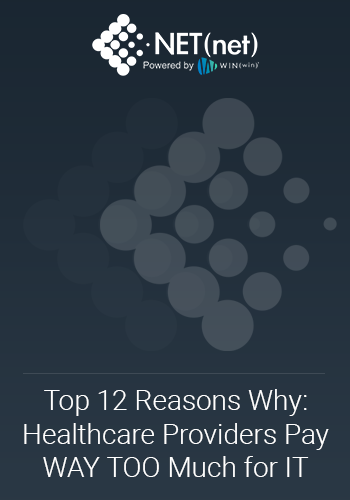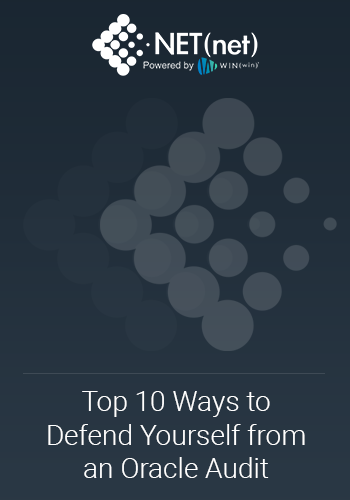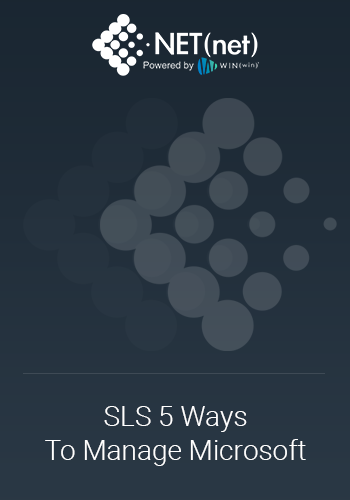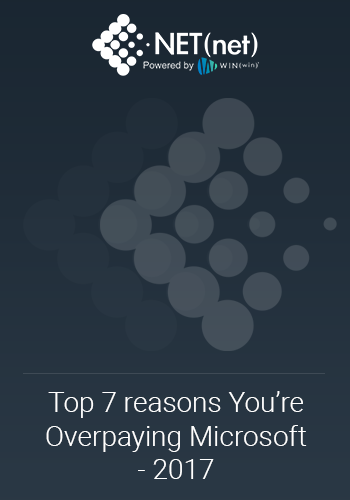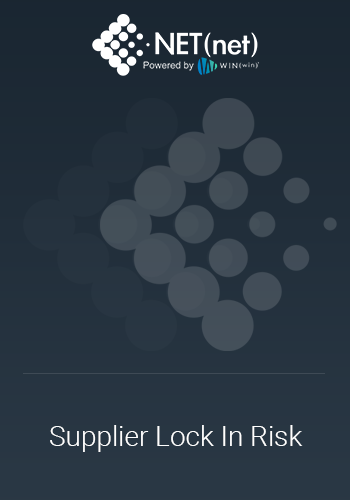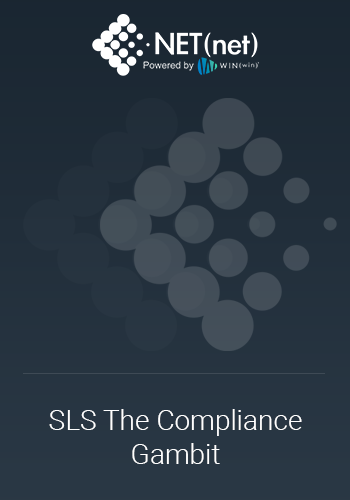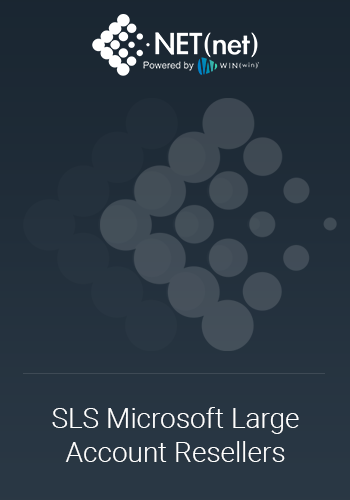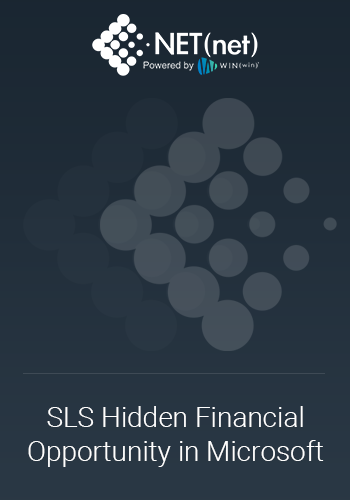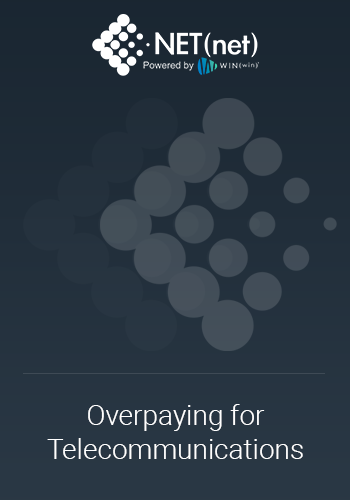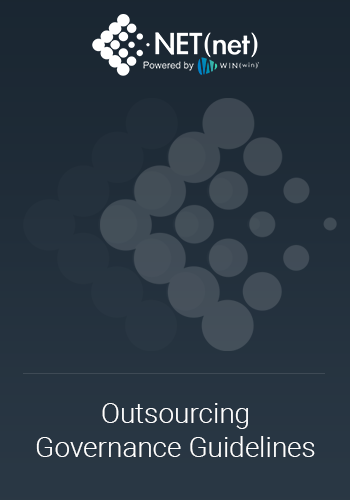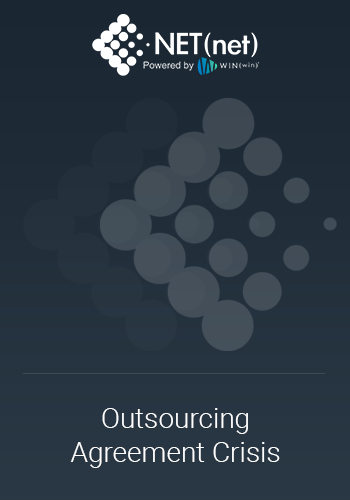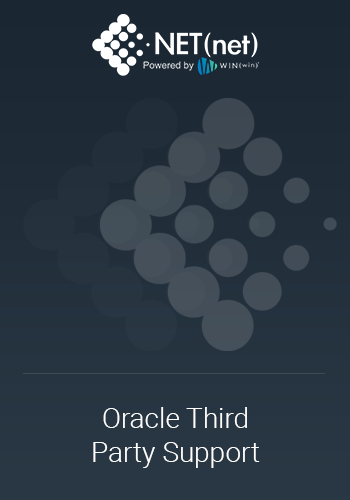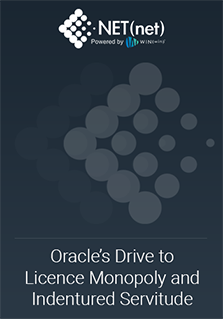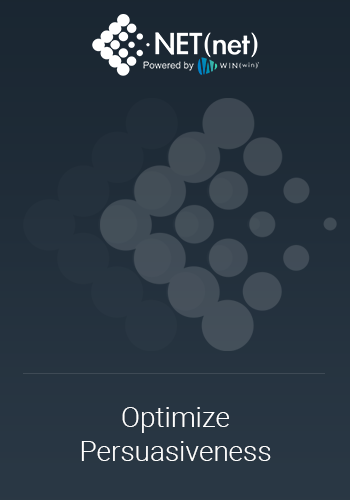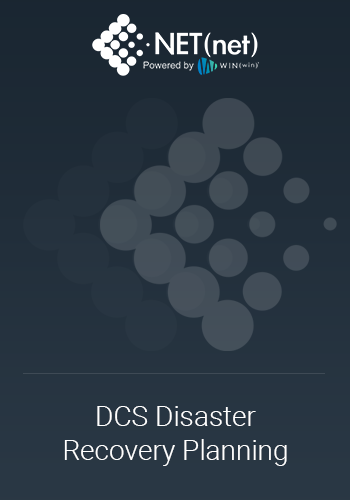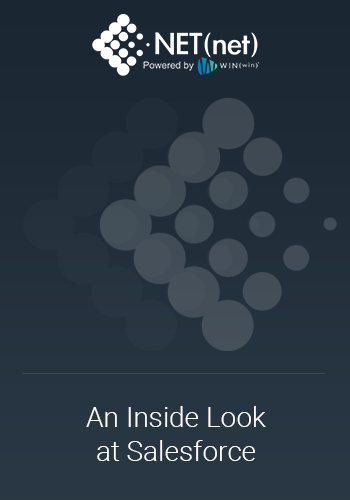You may know the parable “The Blind Men and the Elephant,” and the moral behind it: It is a story of a group of blind men, who have never come across an elephant before and who learn and conceptualize what the elephant is like by touching it. Each blind man feels a different part of the elephant's body, but only one part, such as the side or the tusk. They then describe the elephant based on their limited experience and their descriptions of the elephant are different from each other. In some versions, they come to suspect that the other person is dishonest, and they come to blows. The moral of the parable is that humans tend to claim ...
Read More
If you missed Part I - start here. Is a Cloud Broker right for you? A Cloud Broker by definition is an entity that manages the use, performance and delivery of cloud services, and negotiates relationships between cloud providers and cloud consumers. As cloud computing evolves, the integration of cloud services may be too complex for Cloud consumers to manage alone. A Cloud Broker can also be in a unique position to collect, analyze and conduct opportunity assessments on pricing that will be key to a multicloud or Cloud Arbitrage strategy. Generally, cloud arbitrage is the practice of taking advantage of a price difference between two or more ...
Read More
Business Transaction Protection is language in the agreement that provides some much needed flexibility in the event of a business transaction that significantly alters the value of the Oracle software deployment Why is it Important? These business transactions are often the source of many audit demands, and the standard Oracle language is vague and limited on what rights a customer has with regard to these types of transactions. We suggest clients include language in the agreement that gives added protections and flexibility for business transactions like mergers, acquisitions, divestitures, carve-outs, etc. Transition Service Agreements ...
Read More
Many enterprises adopt a multicloud strategy out of a desire to avoid Cloud supplier lock-in or to take advantage of innovative solutions with a certain Cloud provider. There are many rationales for using multiple clouds, as they each have different strengths and weaknesses for performance and functionality, different pricing schemes, and some workloads simply run better on one cloud platform versus another. Although neither provide a financial breakdown of their cloud business, AWS continues to dominate the cloud infrastructure market, but its lead is starting to wane as Microsoft Azure and Google Compute Engine make significant inroads. ...
Read More
Why is it important? It’s important because many of our clients have multiple operating environments in different business units, sometimes in different geographies or even countries, and sometimes these are unrelated businesses that just so happen to be owned by the same company. In many cases, there is no relation between the needs of the operating environments, and therefore any policy to enforce equal treatment is unjustly onerous and costs our clients dearly. The business reason Oracle cites is to prevent customers from having many similar licenses, but only supporting a few of them, which makes it difficult for Oracle to determine if ...
Read More
Digital transformation is an actively discussed topic these days, but this was also true in the late 1990s and again in the mid-2000s. In fact, computerizing processes started back in the late 17th century when Leibniz developed a base 2 numerical system only using 0 and 1. With the introduction of the World Wide Web 300 years later, the scope, scale, and speed of technology have fundamentally impacted the effects of digitalization. First websites connected companies and their customers. Companies including Dell were quickly disrupting traditional PC manufacturing companies selling direct to consumers and gaining valuable insights into ...
Read More
Why is it important? Oracle’s ability to re-price can effectively eliminate any product pricing discounts off list, should you cancel a partial license set. Even with a price hold, Oracle leverages its support policies drawn into the contract by External Reference (#6 on our List) to re-price your annual maintenance and service support costs to effectively eliminate your discounts and make your costs as high as list price if you terminate partial orders. If you were to buy 100 licenses at a 50% discount, and you were paying $100,000 of annual maintenance service and support charges, you would think that if you terminated 50 of those licenses ...
Read More
The more I work with Cisco lately, the more I’m reminded of the television commercial made famous by the Wendy’s hamburger chain in the United States, wherein an elderly woman and her friends open their giant hamburger bun only to find a tiny piece of meat inside and ask, “Where’s the beef!?” When I review Cisco EA agreements, our clients and I are asking the same question, but in this case the EA is the giant bun and the beef is the value. What’s getting presented to us on this nice Cisco plate appears to be a lot of hamburger (i.e. the “best deal!”), but often when we lift the bun, the value (beef) is elusive and hard to find. The “Best ...
Read More
This latest installment is probably one of our shortest, but no less important! In the standard Oracle agreement, Oracle refers to externally controlled websites for things such as the definition of support, and as such, they have the unilateral ability and control to fundamentally change the terms and conditions of your agreement without you even knowing about it until it is too late. Even if there is notification, over time these communications get lost, people leave who were points of contact, and or it may never have gotten sent to start with. We have many suggestions for Oracle's customers in this area around notifications, potential ...
Read More
What is the Thrive Ultimatum? 2019 and into 2020 will present the 'C-Suite' with a Digital Transformation ultimatum. Digital initiatives can no longer be ‘shelved’ or viewed as a future innovation that are delayed by a myriad of excuses. Organizations operating this way are often in survival mode, feeling encumbered by forces outside their control. But survival is no longer enough as consumers, businesses, and shareholders demand that organizations move past survival mode, to thrive mode and cross the chasm of digital change and disruption now. Organizations that recognize this imperative and act on it are succeeding in the digital age. ...
Read More

